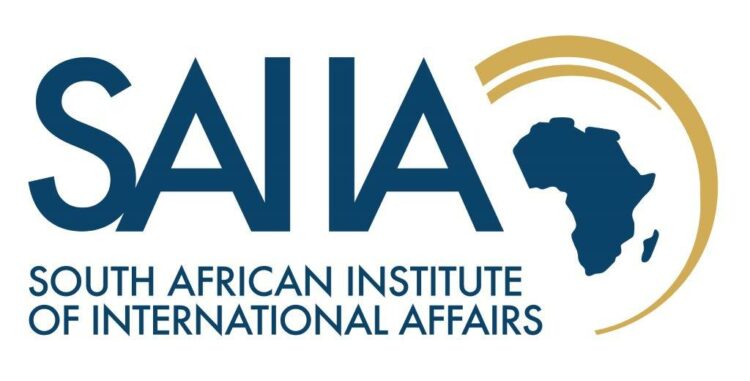Background
Palfridge Limited is a manufacturer of refrigerators for camping, domestic and commercial use. The company also manufactures solar refrigerators. Its main competitors are Whirlpool (an international conglomerate) and Defy. There is also competition from companies that import from China. Palfridge mostly imports its raw materials and exports almost its entire list of products. The company runs its main warehouse from South Africa.
Barriers Encountered
The firm faces several constraints related to customs and regulations, energy prices, trade policy and lack of skilled labour.
The service from the South African Revenue Services (SARS) and the Swaziland Revenue Authority (SRA) is poor. These entities use different tariff codes/systems at the border. SARS uses EDI and SRA uses ASYCUDA customs systems. As a result, there are frequent mistakes made when completing the two sets of forms. SARS has not been taking kindly to these mistakes and the company has incurred heavy penalties. In some cases companies can be fined up to R10, 000. Some of the mistakes have resulted in imports being stopped at the border and the SRA has in some instances sent Palfridge officials back to the border to address these issues. Items have been stuck at the border for up to three days in some cases.
The costs of doing business for the firm are also high partly because of “exorbitant electricity rates”. The recent increase in sales tax to include electricity has made an already problematic issue worse. In addition to high electricity prices, there are also frequent disruptions, which have resulted in damages to firm machinery. Unfortunately, the company has not been compensated in any form for these damages.
Trade policy issues also affect the firm’s operations significantly. The company pays high duties, compared to its competitors in South Africa, on components sourced from Europe. The reason is because Swaziland signed the interim Economic Partnership Agreement with the European Union but has not ratified it to date (which is as good as not signing it) and South African companies’ trade under a bilateral agreement with the EU. The higher duties are on some important components of the refrigerator making process; an example is specialized copper tubing which the company imports from Italy.
Still on trade, the company is currently barred from exporting to Zimbabwe even though they (the firm) are complying with all SADC rules. The Zimbabwean Trade Ministry keeps on requiring information on rules of origin and other miscellaneous issues, which the firm thinks is a tactic by the government to keep it out of a lucrative market. The issue has dragged on for over 18 months and there is no end in sight.
The company has over the years reduced the number of expatriates working for it from twelve to three and has trained local talent to replace these expatriates. However, the firm is struggling to retain this skilled talent once it is well trained. The skilled Swazis are offered better packages in South Africa, offers the company is unable to match. Replacing these skilled workers is not an easy task, especially because it involves having to train replacements again.
Impact of Barrier
The difference in customs systems at the border is time consuming on the part of the company. It has been costly too when fines have been imposed.
Electricity disruptions’ damage on firm property and increases the cost of doing business.
The same can be said for Swaziland’s failure to ratify the EU-SADC agreement which would reduce the duties on inputs for production.
There is forgone revenue from not being able to enter the Zimbabwean market. Also, there is the opportunity cost of pursuing this market; resources could have been channeled to better use.
With costs of doing business increasing, the company has had to retrench workers (did this last year).
Firm Response to Barriers, Including Interaction with Policymakers
The company has raised its issues with the Principal Secretary at the Ministry of Commerce, Industry and Trade in Swaziland.
As for the Zimbabwe situation, the firm is having ongoing discussions with the Zimbabwean ministry responsible for trade issues.
Nothing positive has come out of engagements with the Ministry of Commerce, Industry and Trade; the same can be said for the Zimbabwe discussions.
The firm has not engaged with policymakers at the regional level.
Additional Comments and Suggestions
The company’s problems have escalated since the implementation of the Swaziland Revenue Authority system at the border with South Africa. The firm also suggested that the SRA make efforts to distinguish honest and compliant businesses from the non-compliant ones so that it does not make the mistake of thinking all companies in Swaziland are trying to evade taxes. This could include a process for recognizing “authorized economic operators”.
The other suggestion was that firms who manufacture for export be given exemptions on some raw material or components that they import. This is in light of the new VAT system that the SRA will be introducing in April 2012.
Source link : https://saiia.org.za/saiia-toolkit/the-fridge-factory/
Author :
Publish date : 2012-07-24 07:00:00
Copyright for syndicated content belongs to the linked Source.
